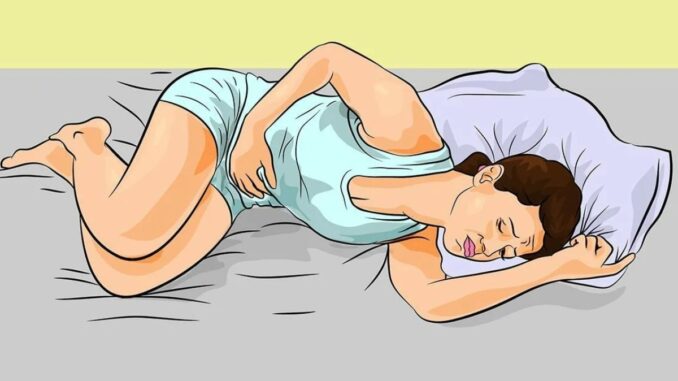
Why Stomach Pain During Pregnancy and What Causes It?
Stomach pain during pregnancy is common and can be caused by many different things.
Stomach pain during pregnancy is one of the most common complaints of pregnant women. It can be caused by a variety of factors, including hormonal changes, constipation, and the position of your baby in your uterus.
It is important to keep in mind that some types of stomach pain are more serious than others. If you experience any sudden or severe abdominal pain, it is recommended that you call your doctor right away.
1. Digestion Changes & Acid Reflux
Pregnancy often brings on digestive changes, including indigestion and acid reflux. Pregnant women are more likely to experience indigestion during pregnancy because of the increased volume of food they are eating, which can lead to heartburn.
2. Increase in Hormones & Stress Levels
Physiological stress is a normal part of life. We all experience it in different ways, but it’s an inevitable part of life. Stress is a response to any demand made on the body. It is a way for the body to react and adjust to changes in our environment and can have both positive or negative effects on our health.
2) Increase in Hormones & Stress Levels
There are many hormones that are present in the body and they play an important role in our physical, mental, and emotional well-being. When we are under stress, hormones are released into the bloodstream which causes physiological changes in the body such as increased heart rate, blood pressure, sugar levels and more. This can lead to anxiety disorders, depression or other mental illnesses

3. The Future Baby’s Positioning
Many pregnant women experience stomach pain during early pregnancy. This pain may come and go and may be located in the middle, lower, or upper part of the stomach. The pain may also be sharp, throbbing, or dull. While there is no known cause for this type of pain, it is often the result of some change in the pregnant woman’s stomach, such as the development of a gallbladder or liver problem.
If you are experiencing stomach pain during early pregnancy, it is important to visit your doctor. The doctor may perform a simple test to determine the cause of the pain, or they may refer you to a specialist for further testing.
4.Baby positioning in the womb
There are many different positions that a pregnant woman can take while in the womb. Some pregnant women prefer to be in a reclining position, while others find it more comfortable to be on their back. Some pregnant women find that they are more comfortable if they place their feet up in the air, while others prefer to keep them flat on the bed. Ultimately, it is up to the pregnant woman to find the position that is most comfortable for her. It is also important to remember that different positions may result in different outcomes for the baby.
There’s a lot of information out there on baby positioning in the womb. But what is the best way to position your baby for the best possible health and development?
There are a few things to keep in mind when it comes to baby positioning:
1. The baby’s head should be positioned in the centre of the mother’s uterus.
2. The baby’s spine should be aligned with the mother’s spine.
3. The baby’s hips should be positioned near the mother’s pelvis.
5. The Impact of Tight Clothing & Physical Activity
When you are pregnant, your body is going through a lot of changes. One of those changes is that your stomach muscles are growing and pulling on your clothing. This can cause pain in your stomach and around your navel.
There are a few things you can do to try to relieve the pain. First, you can try to relax your stomach muscles. This can be done by doing exercises that focus on your stomach, such as abdominal breathing exercises or yoga. Second, you can try to loosen your clothing. You can do this by wearing looser-fitting clothing or by using a looser belt. Finally, you can talk to your doctor about the pain
